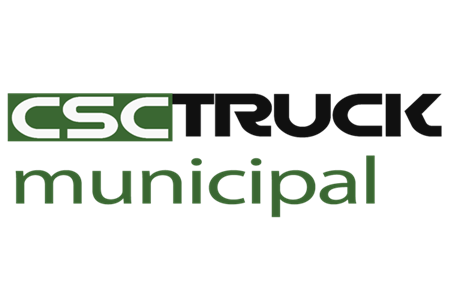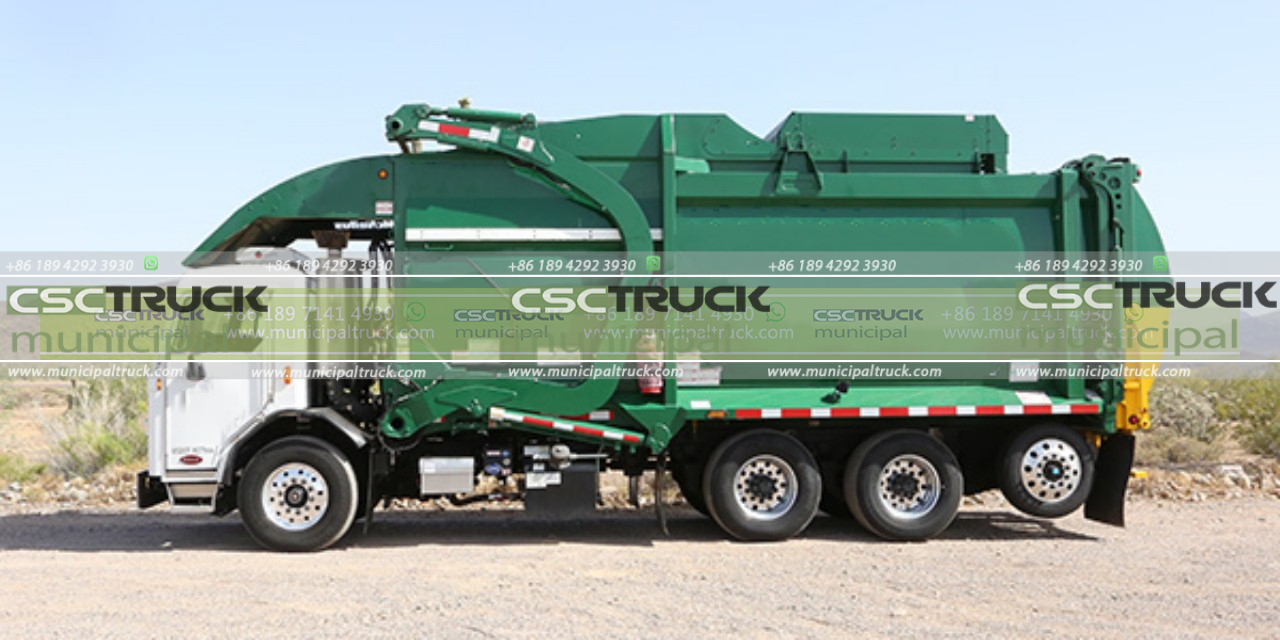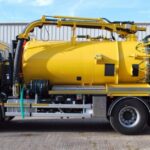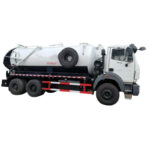Garbage trucks may not seem like the most environmentally friendly vehicles at first glance. After all, their primary purpose is to collect and transport waste to landfills or other disposal sites. However, the role of garbage trucks in protecting the environment is often underestimated. These vehicles are playing an increasingly important role in sustainable waste management, and are helping to save the environment one pickup at a time.
The traditional method of waste disposal involved transporting all waste to landfills or incinerators. This method is not only expensive but also has significant environmental impacts. Landfills are a major source of methane emissions, a potent greenhouse gas that contributes to global warming. Incinerators release harmful pollutants into the air, including carbon dioxide, sulfur dioxide, and nitrogen oxides.
In recent years, there has been a shift towards more sustainable waste management practices. This includes reducing the amount of waste generated, recycling materials when possible, and composting organic waste. Garbage trucks play a key role in each of these practices.
Reducing Waste Generation
One way that garbage trucks are helping to save the environment is by reducing the amount of waste that is generated in the first place. Many waste management programs now focus on waste reduction strategies, such as encouraging residents to use reusable bags, bottles, and containers, and to compost their food scraps.
Garbage trucks can support waste reduction efforts by providing education and outreach to residents. For example, many waste management programs have implemented “Green Teams,” which are groups of dedicated staff members who work with communities to educate residents about waste reduction and recycling. Garbage trucks can also be used to transport educational materials, such as flyers and brochures, to residents.
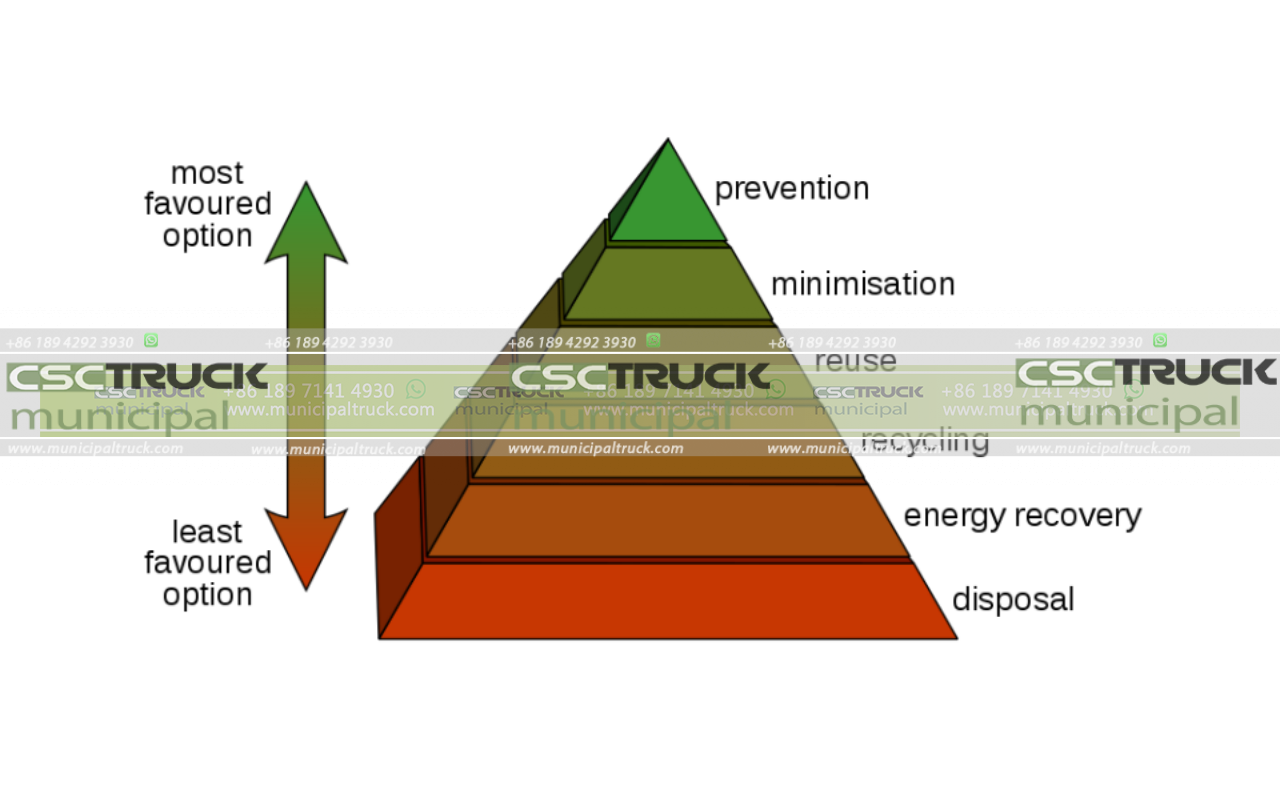 Recycling
Recycling
Recycling is another key component of sustainable waste management. By diverting materials from landfills and incinerators, recycling helps to conserve natural resources and reduce greenhouse gas emissions. Garbage trucks play a crucial role in collecting and transporting recyclable materials to recycling facilities.
Many communities now offer curbside recycling programs, which allow residents to easily separate recyclable materials from their waste and place them in a separate container for collection. Garbage trucks then transport these materials to recycling facilities, where they are sorted, processed, and prepared for reuse. In addition to curbside recycling, some waste management programs also offer drop-off recycling locations, where residents can bring their recyclables directly to a collection site.
 Composting
Composting
Composting is another sustainable waste management practice that has become increasingly popular in recent years. Composting involves breaking down organic waste, such as food scraps and yard waste, into nutrient-rich soil amendments that can be used in gardens and landscaping.
Garbage trucks can support composting efforts by collecting organic waste from residents and transporting it to composting facilities. Some waste management programs offer curbside composting programs, where residents can place their food scraps and other organic materials in a separate container for collection. Garbage trucks then transport these materials to composting facilities, where they are processed and turned into compost.

In addition to these sustainable waste management practices, garbage trucks are also becoming more environmentally friendly in their own right. Many waste management companies are investing in cleaner, more efficient vehicles, such as electric and hybrid garbage trucks.
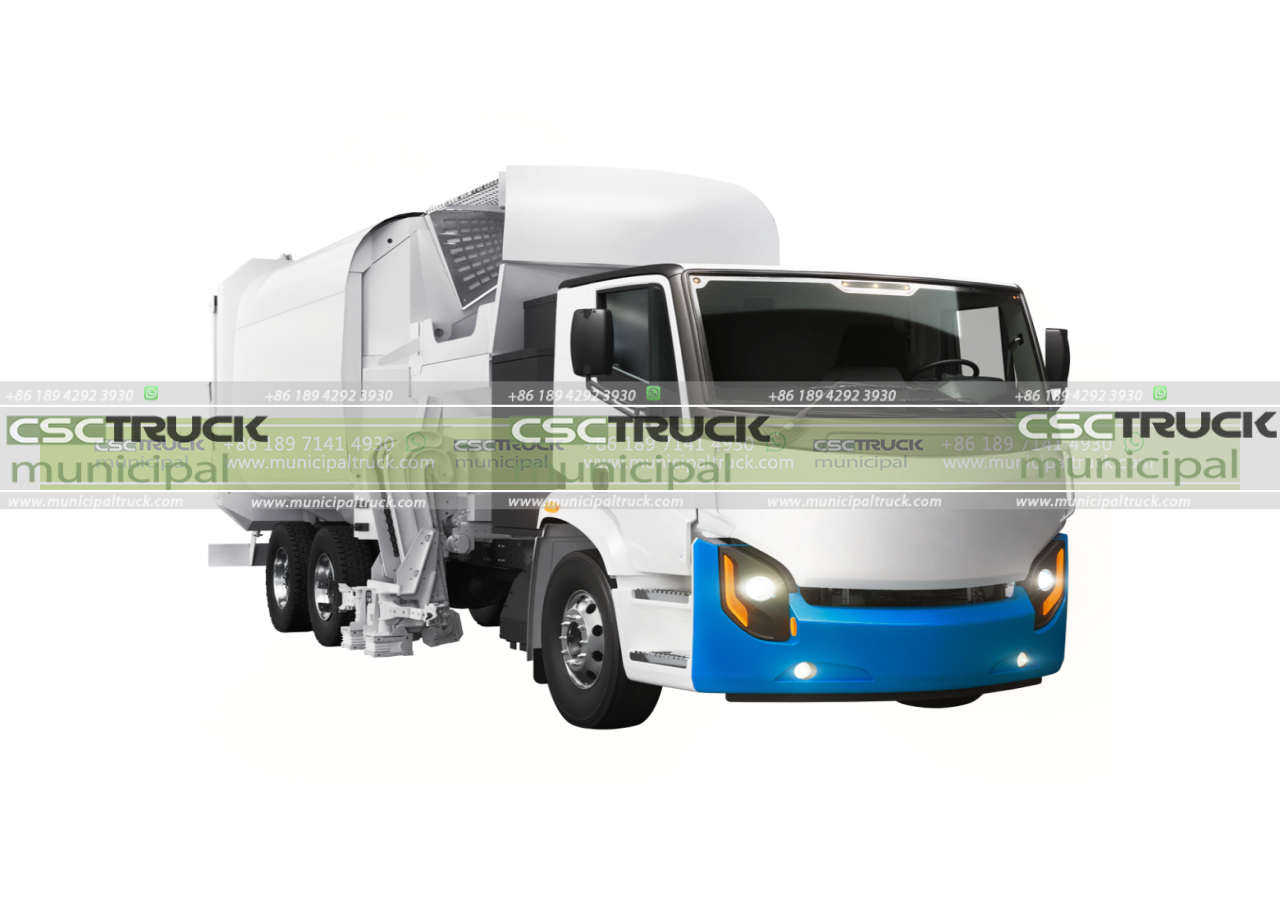 Electric garbage trucks are powered by batteries, which produce no emissions and require no fuel. These vehicles are also quieter than traditional garbage trucks, which can help to reduce noise pollution in residential areas. Hybrid garbage trucks, on the other hand, use a combination of electric and traditional fuel sources to power their engines. This allows them to operate more efficiently and produce fewer emissions than traditional garbage trucks.
Electric garbage trucks are powered by batteries, which produce no emissions and require no fuel. These vehicles are also quieter than traditional garbage trucks, which can help to reduce noise pollution in residential areas. Hybrid garbage trucks, on the other hand, use a combination of electric and traditional fuel sources to power their engines. This allows them to operate more efficiently and produce fewer emissions than traditional garbage trucks.
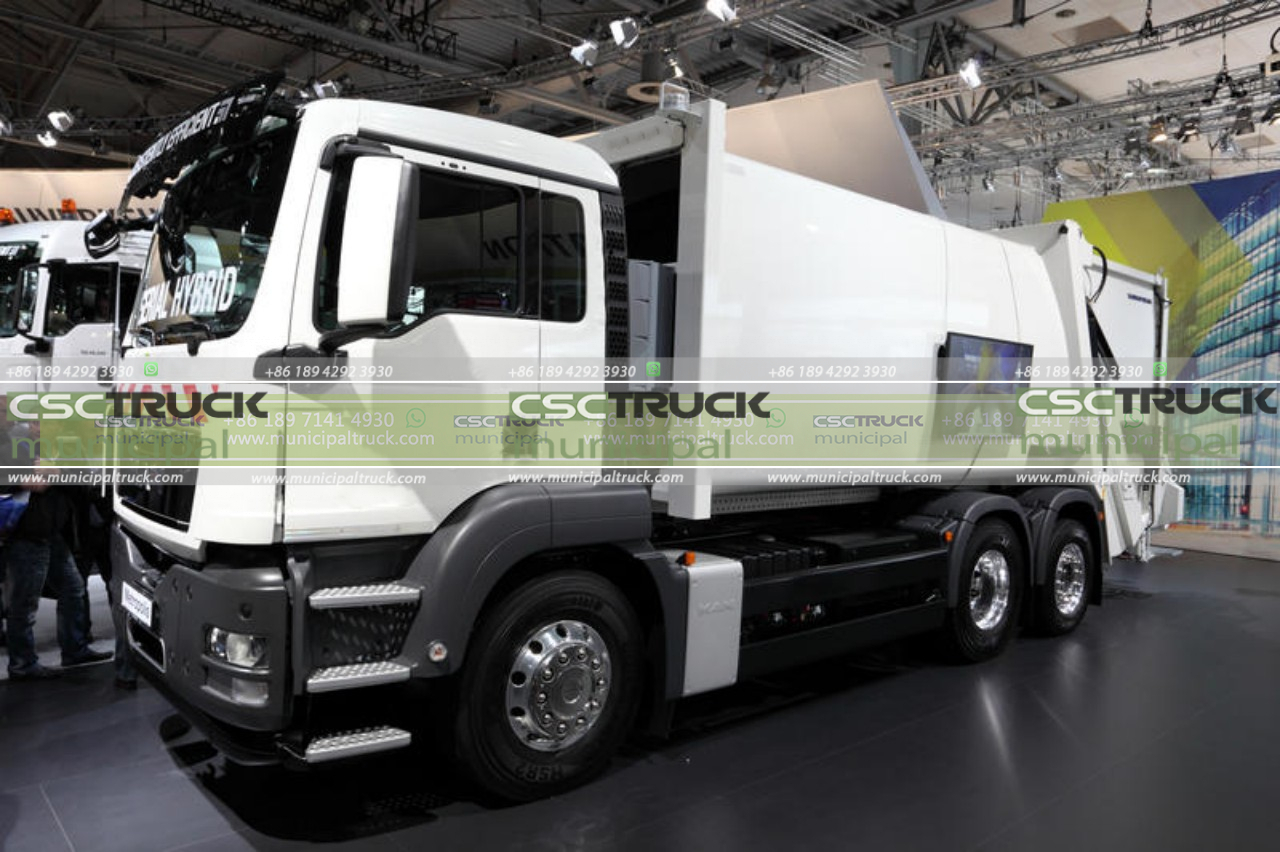 In addition to cleaner vehicles, waste management companies are also exploring other ways to reduce the environmental impact of garbage trucks. For example, some companies are using GPS technology to optimize collection routes, which can help to reduce fuel consumption and emissions. Others are exploring alternative fuel sources, such as compressed natural gas or biofuels, which can help to further reduce emissions.
In addition to cleaner vehicles, waste management companies are also exploring other ways to reduce the environmental impact of garbage trucks. For example, some companies are using GPS technology to optimize collection routes, which can help to reduce fuel consumption and emissions. Others are exploring alternative fuel sources, such as compressed natural gas or biofuels, which can help to further reduce emissions.
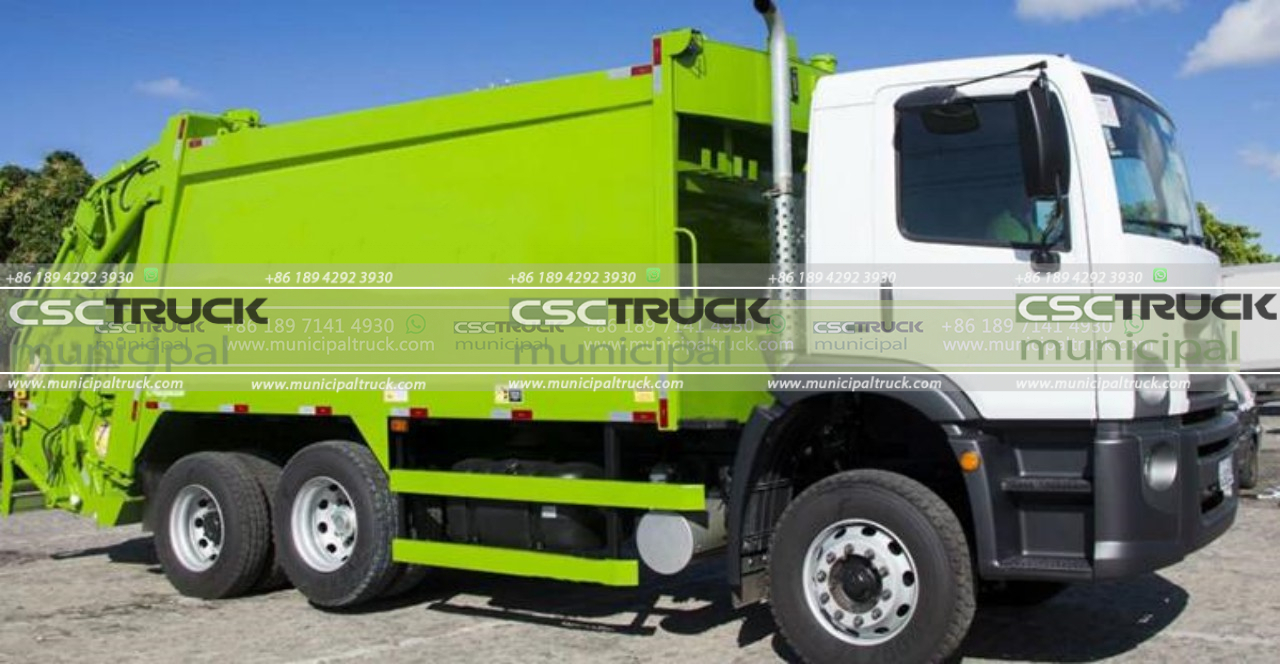 Overall, garbage trucks are playing an increasingly important role in sustainable waste management and environmental protection. By supporting waste reduction, recycling, and composting efforts, these vehicles are helping to conserve natural resources, reduce greenhouse gas emissions, and protect the health and well-being of communities.
Overall, garbage trucks are playing an increasingly important role in sustainable waste management and environmental protection. By supporting waste reduction, recycling, and composting efforts, these vehicles are helping to conserve natural resources, reduce greenhouse gas emissions, and protect the health and well-being of communities.
However, there is still much work to be done. This waste has significant environmental and social impacts, from polluting our air and water to contributing to climate change and harming public health.
To truly make a difference, we need to shift our mindset from one of waste disposal to one of sustainable materials management. This means thinking beyond the traditional “take, make, dispose” model, and instead focusing on reducing waste generation, promoting recycling and composting, and embracing circular economy principles that prioritize resource conservation and reuse.
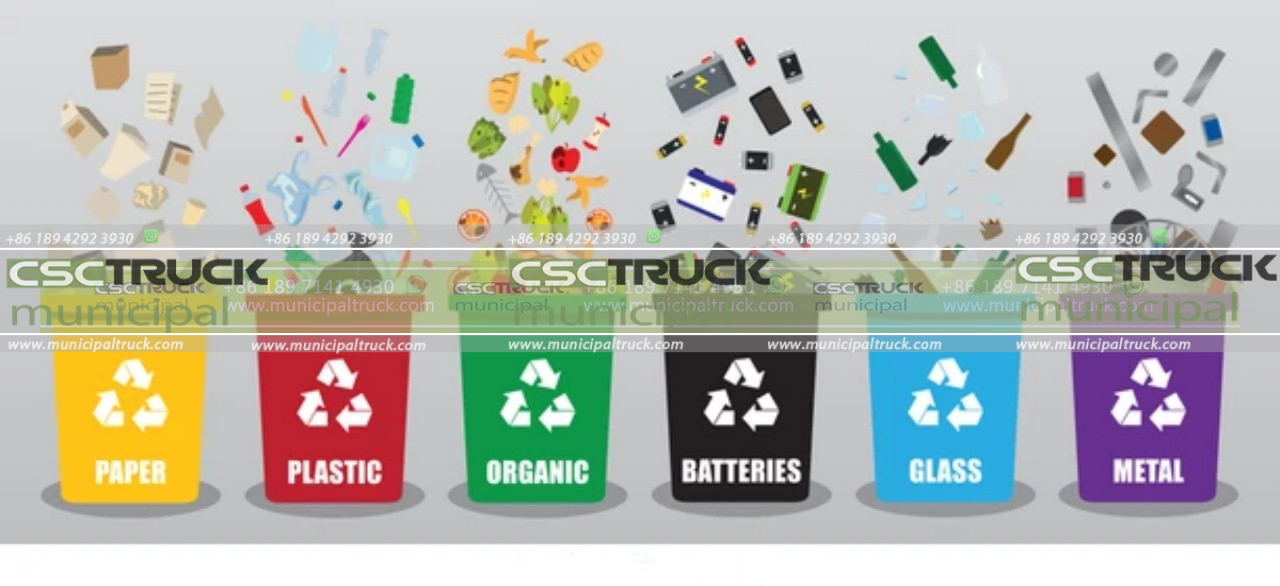
Garbage trucks will continue to play a crucial role in this transition. By embracing new technologies, alternative fuels, and sustainable practices, waste management companies can help to reduce the environmental impact of garbage trucks and move towards a more sustainable future.
In conclusion, garbage trucks are saving the environment one pickup at a time by supporting sustainable waste management practices, reducing emissions and pollutants, and promoting resource conservation. However, this is just the beginning. To truly protect the environment and promote sustainable development, we must continue to innovate, collaborate, and push for change at every level of society. By doing so, we can create a more sustainable and resilient future for ourselves and for generations to come.
Contact us for this municipal truck or similar trucks: [email protected] Call us or What's APP us: +86 189 4292 3930
